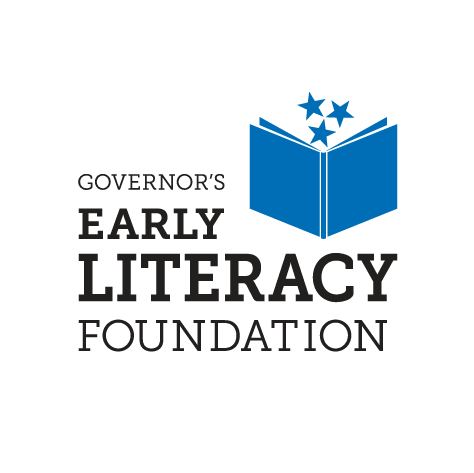Dr. John S. Hutton, MD, MS, is a pediatrician and clinical researcher in the Division of General and Community Pediatrics and Director of the Reading Literacy Discovery Center. Dr. Hutton’s research at Cincinnati Children’s covers all facets of pediatric general and health literacy. He is applying MRI to better understand the influence of modifiable aspects of home reading and screen environments on structural and functional brain networks supporting emergent literacy, the skills and attitudes preparing a child for reading. His work was the first to document such effects prior to kindergarten, widely featured in national media. Below are key take-aways from Dr. Hutton’s research on the impacts of reading on a child’s early brain development as well as a link to the full study.
Quality, Shared Reading Early & Often
Home reading environment is positively associated with activation of brain areas supporting narrative comprehension, language skills and mental imagery in preschool children. Daily reading “…stimulates optimal patterns of brain development and strengthens parent-child relationships at a critical time in child development, which, in turn, builds language, literacy, and social-emotional skills that last a lifetime.”
Insert Graphic: https://gelf.box.com/s/uit36engmt4qn1gfxglh4x3h5xom4ugd
Click here for the full study.
Governor’s Early Literacy Foundation promotes family engagement around reading by providing children and caregivers with high-quality literacy resources and books.




